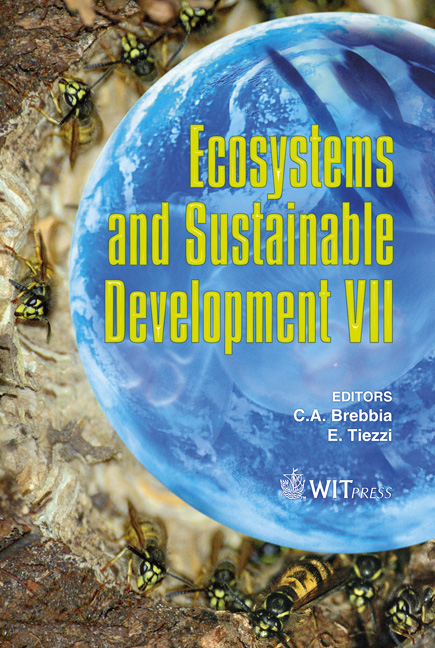The Complex Planning Of Innovation
Price
Free (open access)
Transaction
Volume
122
Pages
10
Page Range
581 - 590
Published
2009
Size
315 kb
Paper DOI
10.2495/ECO090531
Copyright
WIT Press
Author(s)
W. Timmermans
Abstract
Planning processes of nature bridges in densely populated urban fringe areas in the Netherlands have been studied. They are seen as highly innovative; therefore more insight is necessary in their planning processes. As the planning processes are considered as dynamic open complex systems, they have been redescribed using terms and graphs of Complexity Theory in order to better understand the processes. The Breda urban corridor has been described in depth using data gathered by open in depth interviews following a Grounded Theory approach. The redescription showed that the innovation was an unexpected result of a complex planning process. It is discussed that this example is not anecdotic. Unexpected results are part of the development of complex processes. A narrative can be constructed looking back in time. Looking forward the only possible prediction can be that unexpected results can occur in every complex planning process. Keywords: Complexity Theory, urban planning, planning processes, innovation, nature bridge, Grounded Theory, narrative.
Keywords
Complexity Theory, urban planning, planning processes, innovation, nature bridge, Grounded Theory, narrative





